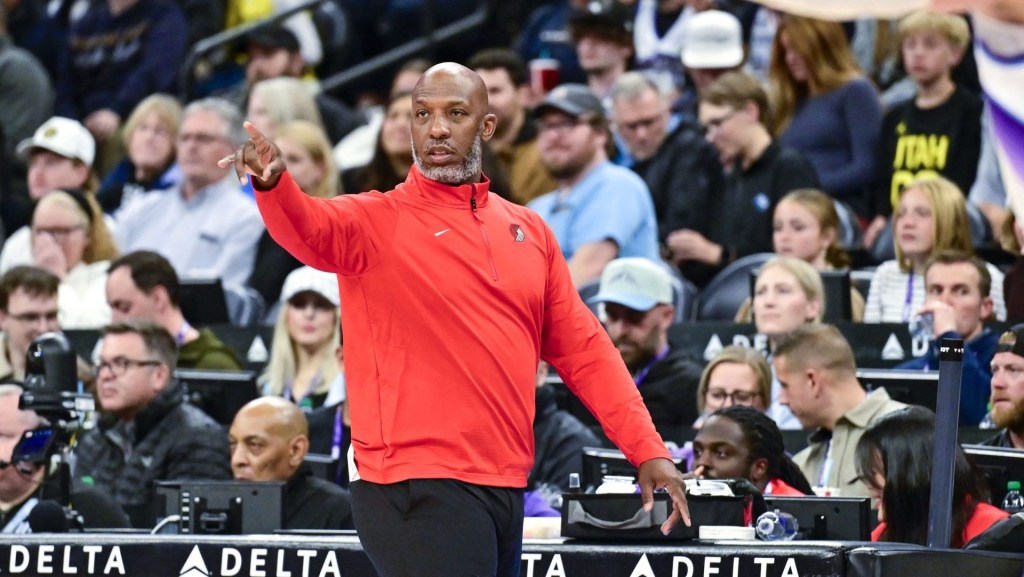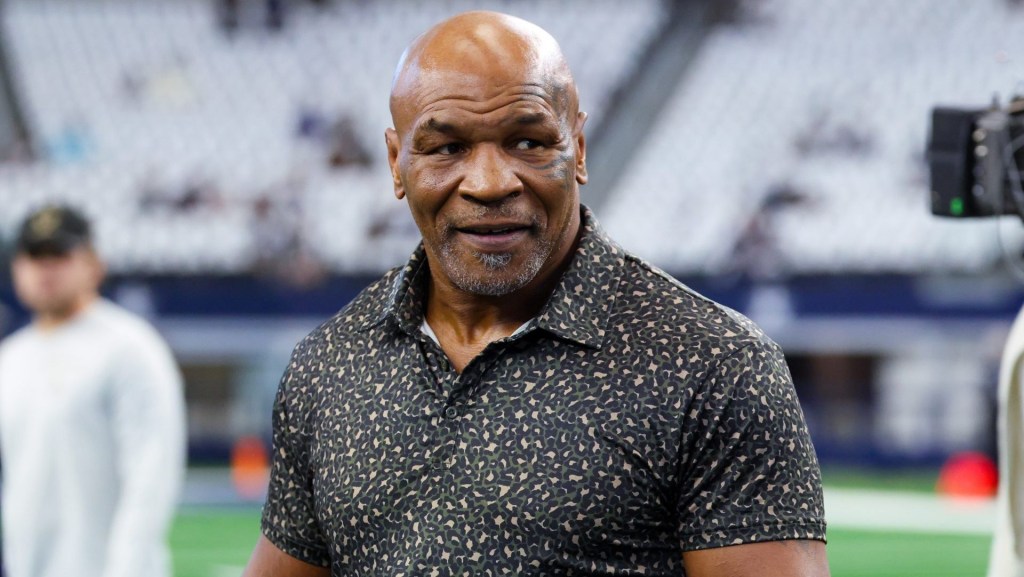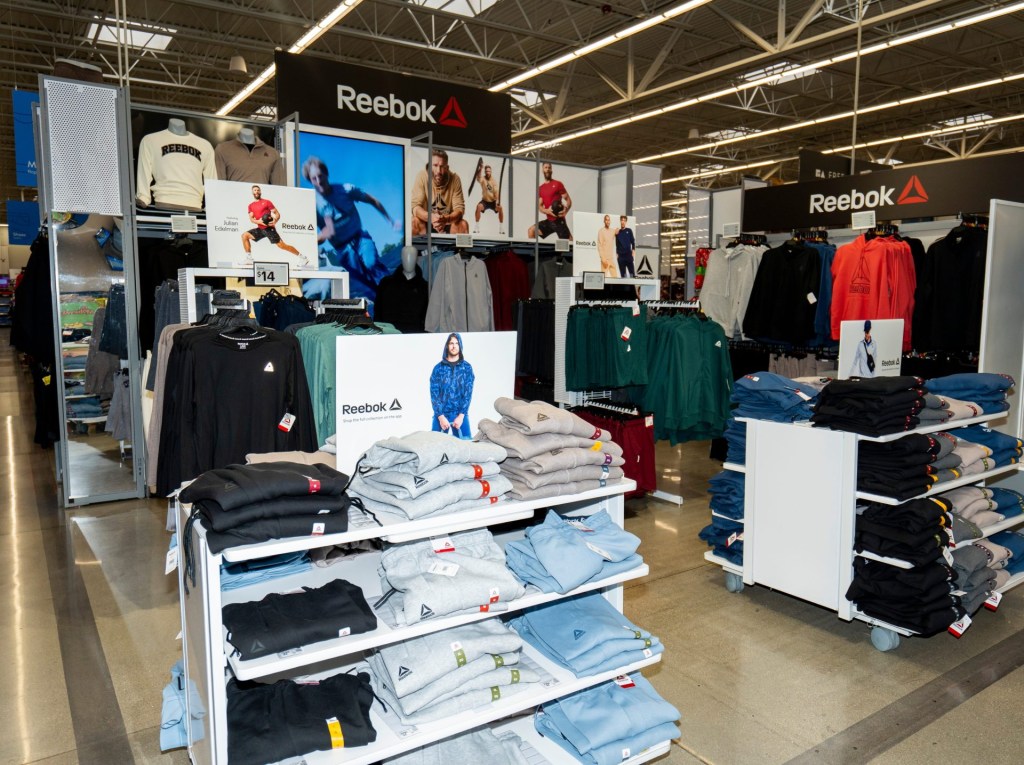The outrage over Deadspin’s coverage of a young fan in face paint and a Native American headdress at Sunday’s Kansas City Chiefs-Las Vegas Raiders game has fueled chatter of a potential defamation lawsuit.
On Monday, Deadspin published a story about the 9-year-old fan, who was captured on CBS from Allegiant Stadium. The article referred in the headline to a young fan in makeup—half of his face painted black, the other half red — as “Black face” and used the moment as a jumping-off point for a discussion about race and the use of Native American imagery in sports.
After the story ran, more pictures of the young fan showed that only half his face was painted black with the other red, one of the Chiefs’ primary colors. That led to outrage on social media and condemnation of Deadspin for not showing the full extent of the face paint.
Outkick wrote in an X (formerly Twitter) post that the “Chiefs fan and his family should bankrupt Deadspin in a lawsuit” and linked to a story where attorney Lexie Rigden said Deadspin should be sued for defamation. Florida attorney Rogan O’Handley said on X, “This kid is about to be RICH from a defamation lawsuit.”
“As for the law, courts typically treat accusations of racism — even if unfair — as protected opinion,” Dave Heller, deputy director of the Media Law Resource Center, told Front Office Sports.
Added David Loy, the legal director at the First Amendment Coalition: “There has to be a false assertion of fact. What you have here is an opinion or characterization based on a photo. On that basis, it’s not clear that it would be defamatory.”
FOS contacted the parents of the young fan to inquire about a potential lawsuit against Deadspin, and did not receive a response. The child’s father, Bubba Armenta, told Fox News on Wednesday that it was “a little too late” for an apology.
While a defamation lawsuit would face an uphill battle, sports law attorney Dan Lust told FOS there’s one way Deadpin could immediately limit its liability: a correction.
“It’s such a simple fix,” Lust said. “It could be something like, ‘The headline should have accurately described it [the young fan] was wearing red and black face paint.’”
On Monday, a Deadspin post on X (formerly Twitter) that linked to the story received a Community Note stating:
“The picture on the article is misleading. Other pictures of the child in question show that the other half of his face is painted red, black and red being the team’s colors.” (The note was boosted by X owner Elon Musk to his nearly 165 million followers.)
Editors at Deadspin, a subsidiary of G/O Media, aren’t worried about any legal liability, FOS’s source said, adding: “There’s a lot of projection that goes on here. They are claiming [Deadspin] picked on a kid, and bullied the kid, and put him in a dangerous spot. The kid wasn’t named, but now it’s out there [that Deadspin] did just that because of all of this bulls— amplification.”
The article, by senior writer Carron J. Phillips, didn’t directly call the child or his family racist, as many on social media — and at some media outlets — have alleged.
Heller, from the MLRC, pointed to one sentence from Deadspin’s story that he says could be problematic if a defamation lawsuit were to be filed. Deadspin wrote: “While it isn’t the league’s responsibility to stop racism and hate from being taught in the home, they are a league that has relentlessly participated in prejudice.”
“This type of bloviating commentary screams ‘opinion journalism’ — which is protected, even if half-cocked or dumb,” Heller said.
While many college and pro teams — including the clubs now known as the Cleveland Guardians and Washington Commanders — changed their names in recent decades, teams that still use Native American imagery have typically set guidelines for how fans engage with and embrace the team name.
For example: The child’s headwear in this case would have violated the Chiefs’ own rules, established in 2020, for games played at Arrowhead Stadium.
That policy states: “While we have discouraged fans from wearing headdresses for several years, effective immediately, fans will be prohibited from wearing headdresses into the stadium.”
The face paint this young fan wore, however, wouldn’t likely violate the team’s ban on “face paint that is styled in a way that references or appropriates American Indian cultures and traditions.” (The Chiefs and NFL also did not respond to requests for comment.)
Noteworthy in this instance: The young fan’s father and grandfather are members of the Santa Ynez Band of Chumash Indians, near Santa Barbara, Calif.
“We never in any way, shape or form meant to disrespect any Native Americans or any tribes,” Bubba Armenta told Fox News. “The tribe we’re from doesn’t even wear that type of headdress. This specific headdress is a novelty piece. It’s a costume piece.”
On Wednesday, Kenneth Kahn, the chairman of the Santa Ynez Band of Chumash Indians, told FOS:
“We are aware that a young member of our community attended a Kansas City Chiefs game in a headdress and face paint in his way of supporting his favorite team. Please keep in mind that the decisions made by individuals or families in our community are their own and may not reflect the views of the broader tribal community. As a federally recognized tribe, the Santa Ynez Band of Chumash Indians does not endorse wearing regalia as part of a costume or participating in any other type of cultural appropriation.”
Some have drawn comparisons between the Chiefs fan, a non-public figure in the eyes of defamation law, and Nick Sandmann, who was a 16-year-old Ohio Catholic high school student in 2019.
Visiting Washington for the March for Life with classmates, Sandmann became entangled with members of the Black Hebrew Israelites. Several news media reports incorrectly characterized Sandman and those students as aggressors when they were approached by Native American activist Nathan Phillips.
In the aftermath, Sandmann sued several of those outlets, seeking a total of $1.25 billion in damages through multiple defamation lawsuits. Settlements were reached with The Washington Post, CNN and NBC, but The New York Times and other outlets fought the lawsuits.
That litigation was eventually dismissed by a U.S. District Court judge, and the decision was upheld on appeal over the summer as a majority of the three-judge panel ruled the claims of defamation against the outlets were “objectively unverifiable.”
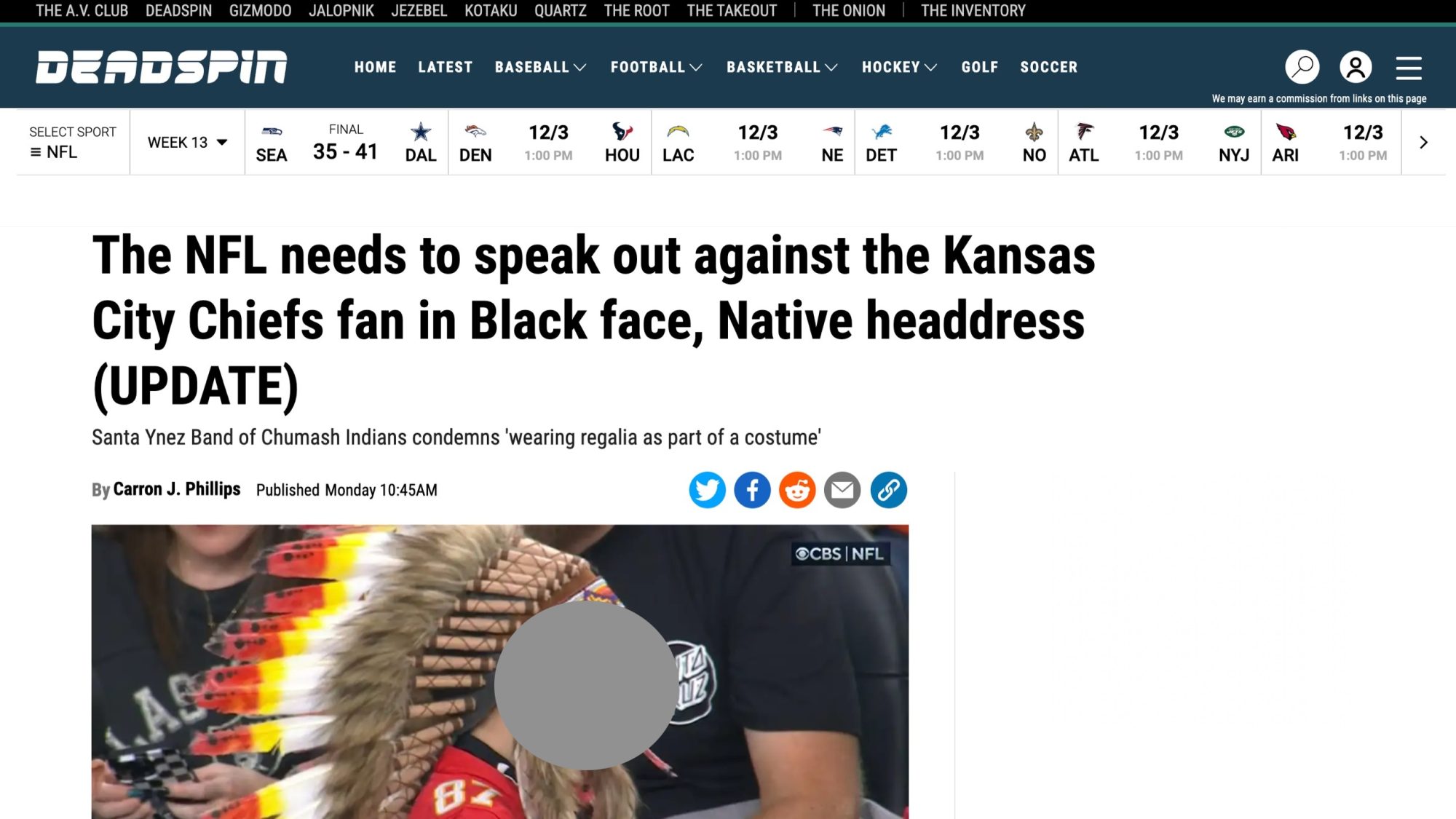
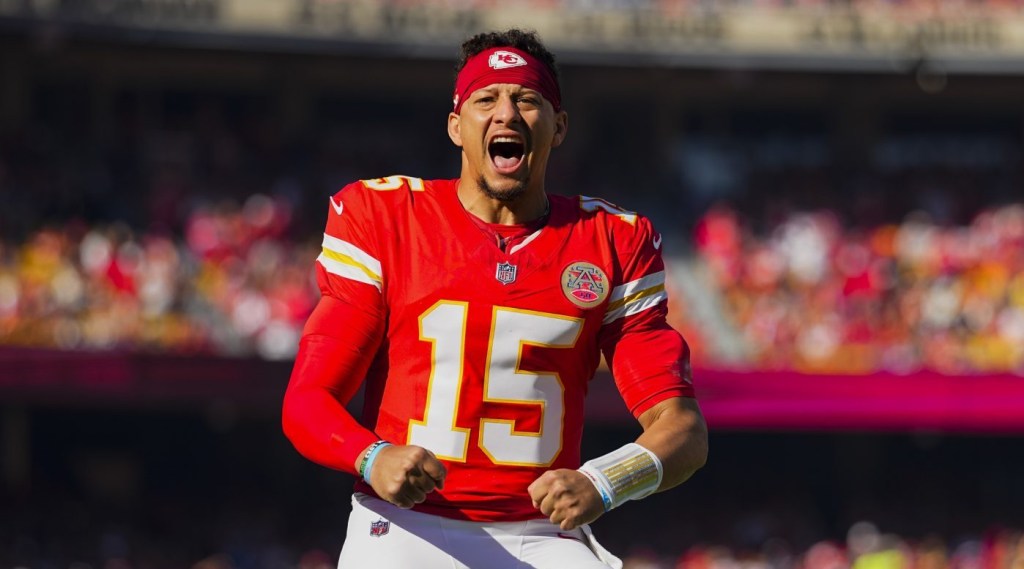
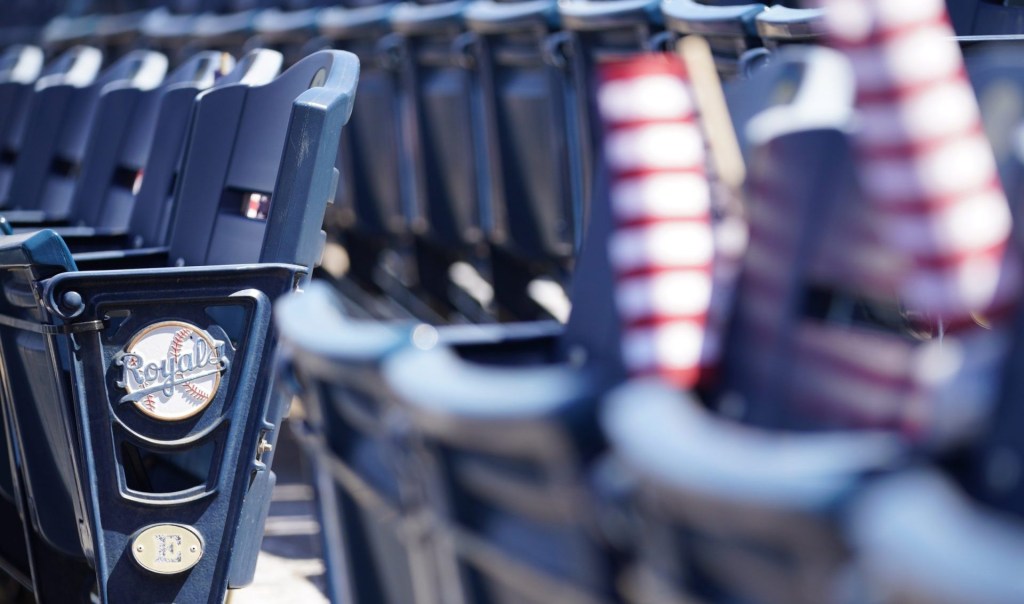
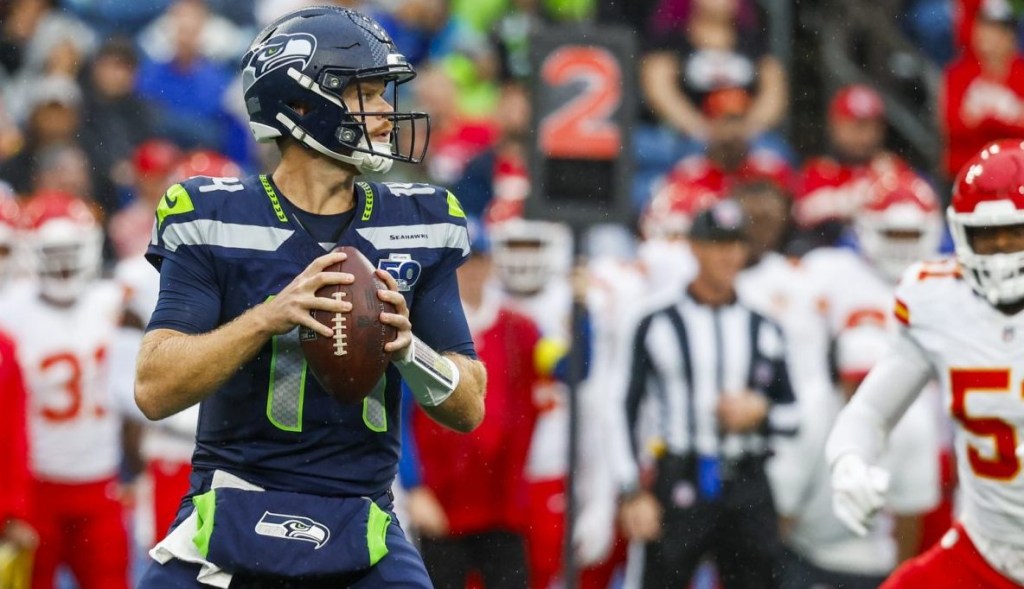
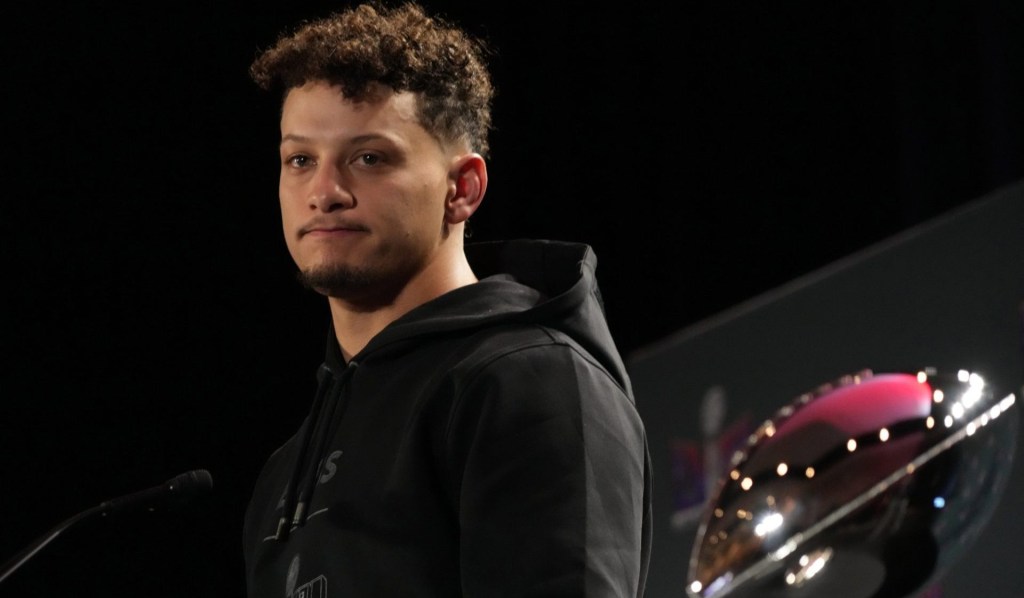


![[Subscription Customers Only] Jun 15, 2025; Seattle, Washington, USA; Botafogo owner John Textor inside the stadium before the match during a group stage match of the 2025 FIFA Club World Cup at Lumen Field.](https://frontofficesports.com/wp-content/uploads/2026/02/USATSI_26465842_168416386_lowres-scaled.jpg?quality=100&w=1024)
![[Subscription Customers Only] Jul 13, 2025; East Rutherford, New Jersey, USA; Chelsea FC midfielder Cole Palmer (10) celebrates winning the final of the 2025 FIFA Club World Cup at MetLife Stadium](https://frontofficesports.com/wp-content/uploads/2026/02/USATSI_26636703-scaled-e1770932227605.jpg?quality=100&w=1024)
